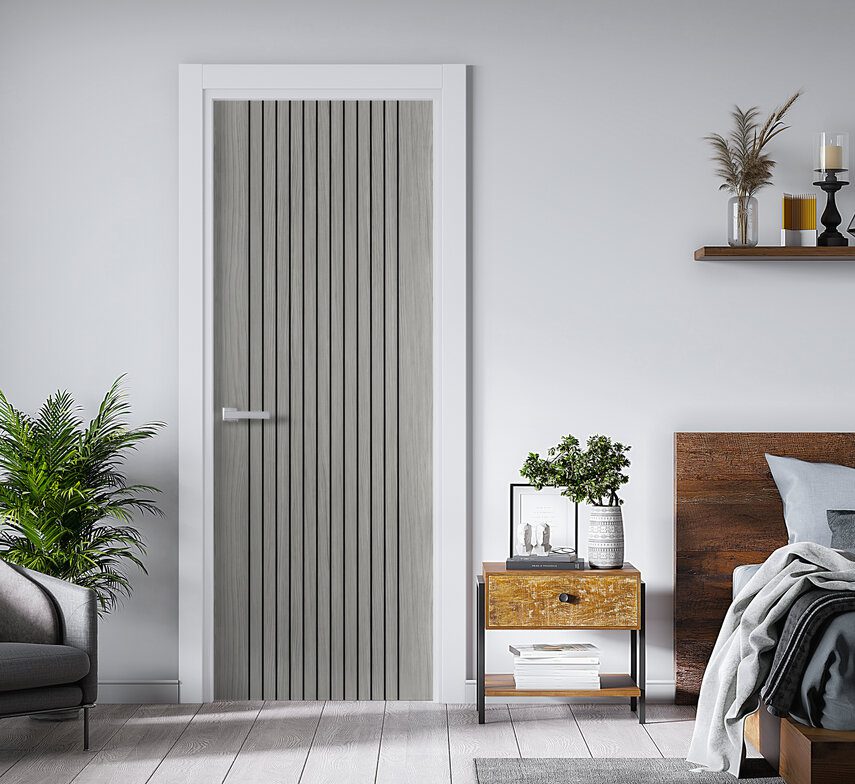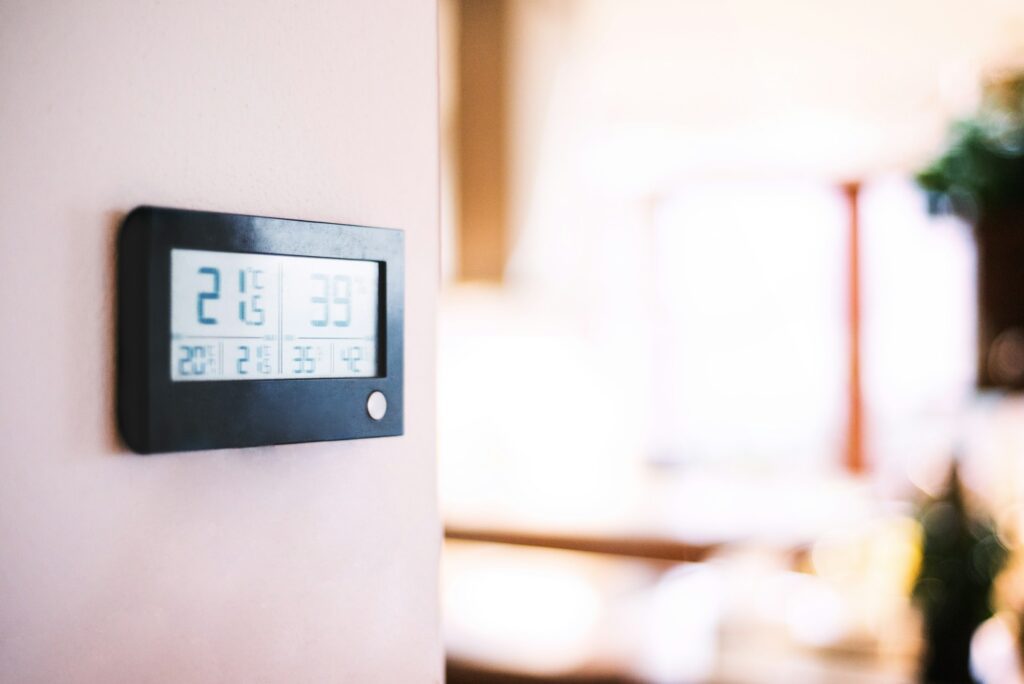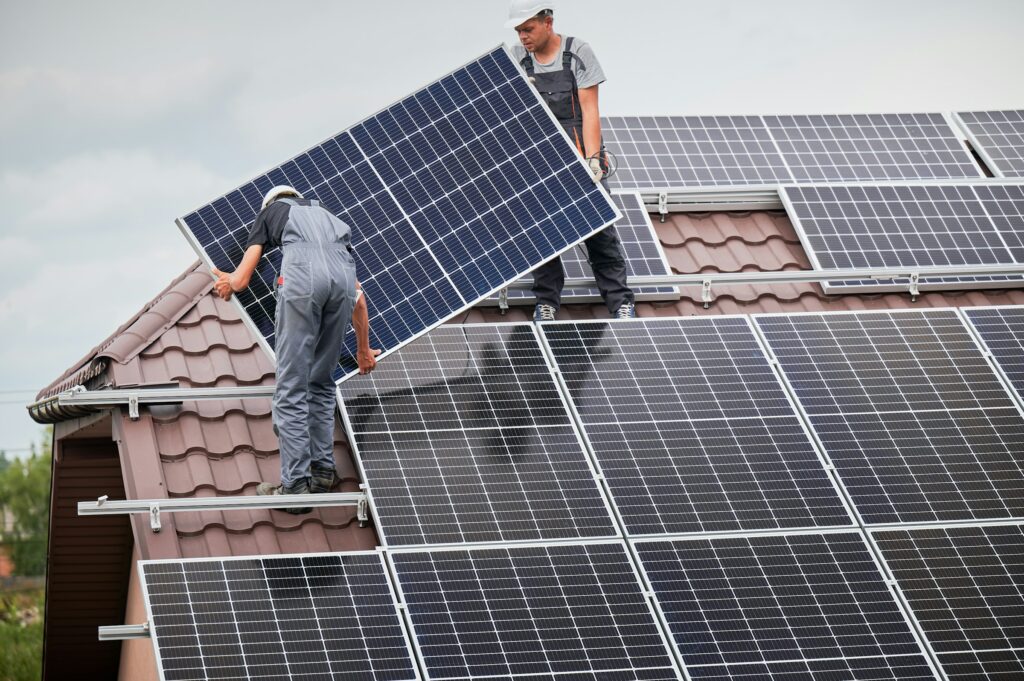How to Add Value to Your Home by Improving Energy Efficiency
If you’re looking to increase the value of your home, one approach could be through improving energy efficiency. Not only will these save you money in utility bills in the interim period before you sell, but they’ll also make your home more appealing to potential buyers.
In this blog, we look at some of the ways you can boost your home’s energy efficiency to reduce its environmental impact and ultimately increase your property’s market value.
Will making my home more eco-friendly increase the value?
Undertaking the right home improvements to make your property more eco-friendly could help to increase the value, due to two main factors.
One is that buyers are becoming more conscious of their environmental impact. Data shows that 80% of first-time buyers and 73% of second-time buyers are likely to consider buying a green home in the UK. The reasons cited are because doing so would be better for the environment, plus it would save people money in the long run, particularly on energy bills. People are also concerned with reducing their carbon footprint and following the trend that all homes will probably be green at some point in the near future.
So, greener homes are in high demand. People are often willing to pay more for eco-friendly homes because they understand that not only are they better for the environment, but doing so will likely result in long-term savings with lower energy bills. Studies show that homes with the highest energy ratings are worth up to £40,000 more on average than properties that are less sustainable.

How to increase the value of your property with energy-efficient improvements
There are a number of ways you can make energy-efficient improvements to boost your property’s value.
Insulation
Insulation is one of the main methods by which people can both increase the value of their home and improve its energy efficiency. As warm air rises and around 25% of heat in a home is lost through the roof, the first port of call will be to assess the insulation in your loft. Your loft may already have insulation, but it may be old and worn down and may need updating.
The cost of insulating your loft can range between £750 and £1,700, depending on the size of your home and the type of insulation you choose. Insulating your loft could save up to £270 in heating bills per year, amounting to £2,700 over 10 years.
You can also look at insulating your walls. For cavity walls, insulation material will be injected into the space within the walls, whereas solid walls will require insulation to be added on the inside or outside of your home. This type of insulation is more expensive, but could help to increase the energy rating of your home, and so boost the value of your property.
Draught Exclusion
Draught exclusion can be a simple way of improving the energy efficiency of your property, as it mainly involves sealing gaps around the property where heat escapes. Some draughts can be fixed yourself, but other types will need a professional to do the job. Of course, not all gaps should be sealed – you will need to ensure your home still has proper ventilation, such as with extractor fans, wall vents, and trickle vents on windows.
Draught exclusion in your home could start with simply installing an airtight letter box and fixing a cover over your keyhole. Updating old doors with new internal doors can also be a great way of keeping heat in rooms. As doors age, they may begin to warp and sag, leaving gaps between the frame for heat to escape. A new, properly installed door will fit in the frame properly and prevent heat from getting out, helping to make your property more energy efficient.
Double or Triple Glazed Windows
Updating your windows could both improve energy-efficiency and boost your home’s value. Most buyers nowadays will be looking for a home that at least has double-glazed windows, so swapping out your single-glazed windows will make your home much more desirable.
Triple glazed windows are more expensive than double glazed – costing around £485 per window, compared to £325 for a double-glazed – but they will be better at keeping heat in and also reducing noise.
Even if you already have double glazed windows, it might be beneficial to get them replaced or fixed if they are old and worn. Blown windows, where there is a gap in the panels which leads to condensation build-up, can typically be easily fixed for a low cost. However, for windows that are severely damaged or deteriorated, a replacement may be the better option.

Smart Heating Controls
Heating controls in your home will improve the property energy rating, which could make it more attractive to buyers. As a baseline, the heating controls in your home should allow the user to set the temperature as well as the time the heating turns on and off.
As an additional improvement, you could have controls that allow the user to set different temperatures for different zones of the house. This can help to improve energy efficiency by not heating spaces unnecessarily.
Smart heating controls will do all of the above but be accessible through the internet, usually via an app on your phone. This allows the user to control the heating even if they’re not at home. These types of smart heating controls can also learn the habits of the residents and use geolocation to know when they will be returning home and will automatically put the heating on. This can help to improve energy efficiency further by not having the heating on unnecessarily, for example, if the resident comes home later than planned.
Heat Pump
A heat pump is an alternative, energy-efficient way of heating a home, using electricity to transfer heat from outside to heat rooms and hot water. They aren’t suitable for all properties, but if you have enough outside space, they can be a great sustainable home improvement.
Whilst they are expensive to install – around £9,500 for a standard air source heat pump or £12,000 for a ground source pump – it’s estimated that they can increase a property’s value between 1.7% and 3%. The government offers £7,500 towards heat pumps currently, as part of their Boiler Upgrade Scheme, so households could find that installation costs them a lot less than the total price.

Solar Panels
Solar panels have become much more prevalent in recent years, and they can be a great addition to your home if you’re looking to improve energy efficiency. It’s typically advised not to install solar panels too close to selling your home, as installation is costly and you might not see the return of your investment. However, some experts predict that having solar panels can increase a home’s value by 4%-14%.
If you plan to sell sometime in the future, installing solar panels now could be an advantage. The cost of installation can range between £6,000 and £10,000. However, you could save up to £310 on your energy bills each year, plus get paid for any extra electricity you generate but don’t need and instead feed back to the grid. This saving, along with the potential boost to the property value when you come to sell could see you make your money back and make installing solar panels worth it.
JB Kind has a huge range of interior doors for your home improvement project. Download our brochure or contact us to find out more.